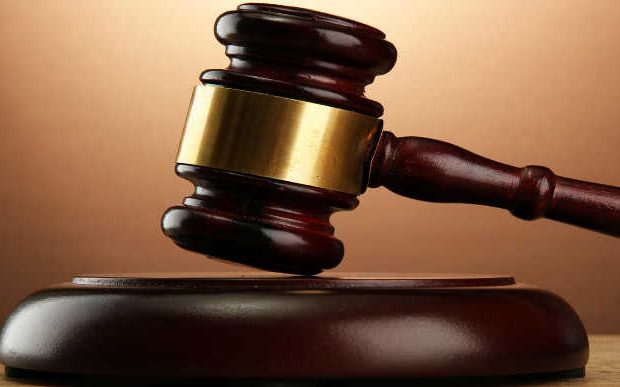A crime is a wrong against the state.
A crime is said to be “an action or omission which constitutes an offence and is punishable by law”.
Any person, like the trending Senator Abbo of Adamawa, who unlawfully assaults another has committed a crime against the State and is liable to be brought to justice at the instance of the State.
Such an offender may also be liable in civil law for damages at the instance of the victim or person assaulted.
Under the nascent Administration of Criminal Justice Act, 2015, in a criminal trial, four interests are in competition needing delicate balance namely: the interest of the suspect (who may later be a defendant if charged to court); the interest of the defendant; the interest of the State; and lastly but not the least, the interest of the complainant.
The law remains that an accused person is presumed innocent until found guilty by a court of competent jurisdiction.
However, in the Adamawa Senator’s case, the notorious facts on ground via video evidence are that the offending Senator, in full realization and acceptance of his guilt, has rendered an unqualified apology to a whole lot of persons and interests groups who felt outraged by his not too civil conduct.
That is welcome but what is the significance, import, effect or probative value of that apology in law?
Put succinctly, does the apology exculpate or absolve him from either criminal prosecution by the State and or civil redress by the aggressed victim?
Simply stated, in criminal law, apology is not a defence and confers no immunity against legal process.
An apology will never stop or halt the process of prosecution by the state or restrain an anxious plaintiff from maintaining a civil action.
An unqualified apology serves to destroy the rebuttable presumption of innocence because in criminal proceedings, an apology is more like a confession to a crime.
In criminal trials, a voluntary apology is useful for purposes of plea of allocutus or mitigation of punishment or sentence by the court (where the defendant has been found guilty at the end of the trial).
If the trial court is persuaded by the voluntary apology, it may not impose maximum or stiff penalty or sentence.
On the other hand too, in civil proceedings, an apology tantamounts to admission of liability as an unqualified apology may serve to lower the quantum of damages awarded against the defendant.
The court may not likely impose punitive or exemplary damages against the defendant in the face of an unqualified apology which evinced penitence, contrition and remorse.
Now that the offending Senator Abbo has rendered an unqualified apology, what next?
The cold letter of the law is that justice must be served. He ought to be charged before the court for the assault he committed, his apology notwithstanding.
The co-operation of the complainant is key to a diligent prosecution by the State in criminal matters.
The complainant can waive her right to maintain a civil suit and claim for damages as this is personal to her but she must stand prepared, willing and able to assist the prosecution in the event that a criminal complaint is formally presented in court by the State against the offending Senator.
This scenario is tricky because in as much as it is a criminal offence to compound a felonious crime, amicable settlement of differences with a view to achieving long lasting peace is not antithetical to the law and this is usually always encouraged by our forward looking courts in the larger interest of justice.
This is our law and nothing more pretentious…May justice be served!
A new normal is possible…Biko gwazie ndi yard unu inugo!
Prof Obiaraeri is my name, the ☆☆☆☆☆ 5-Star Civilian General etc.









